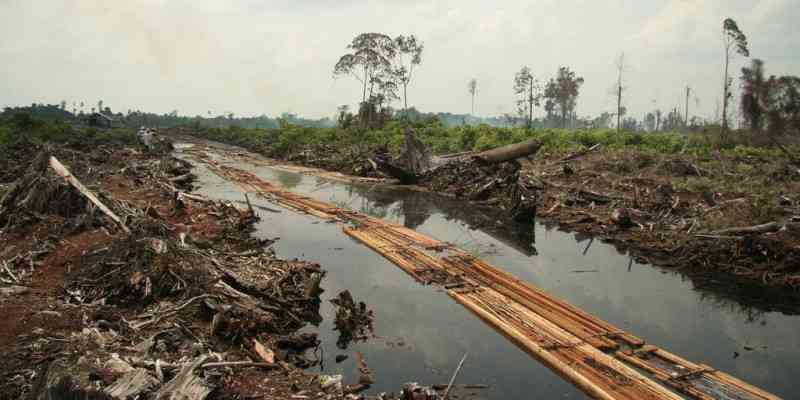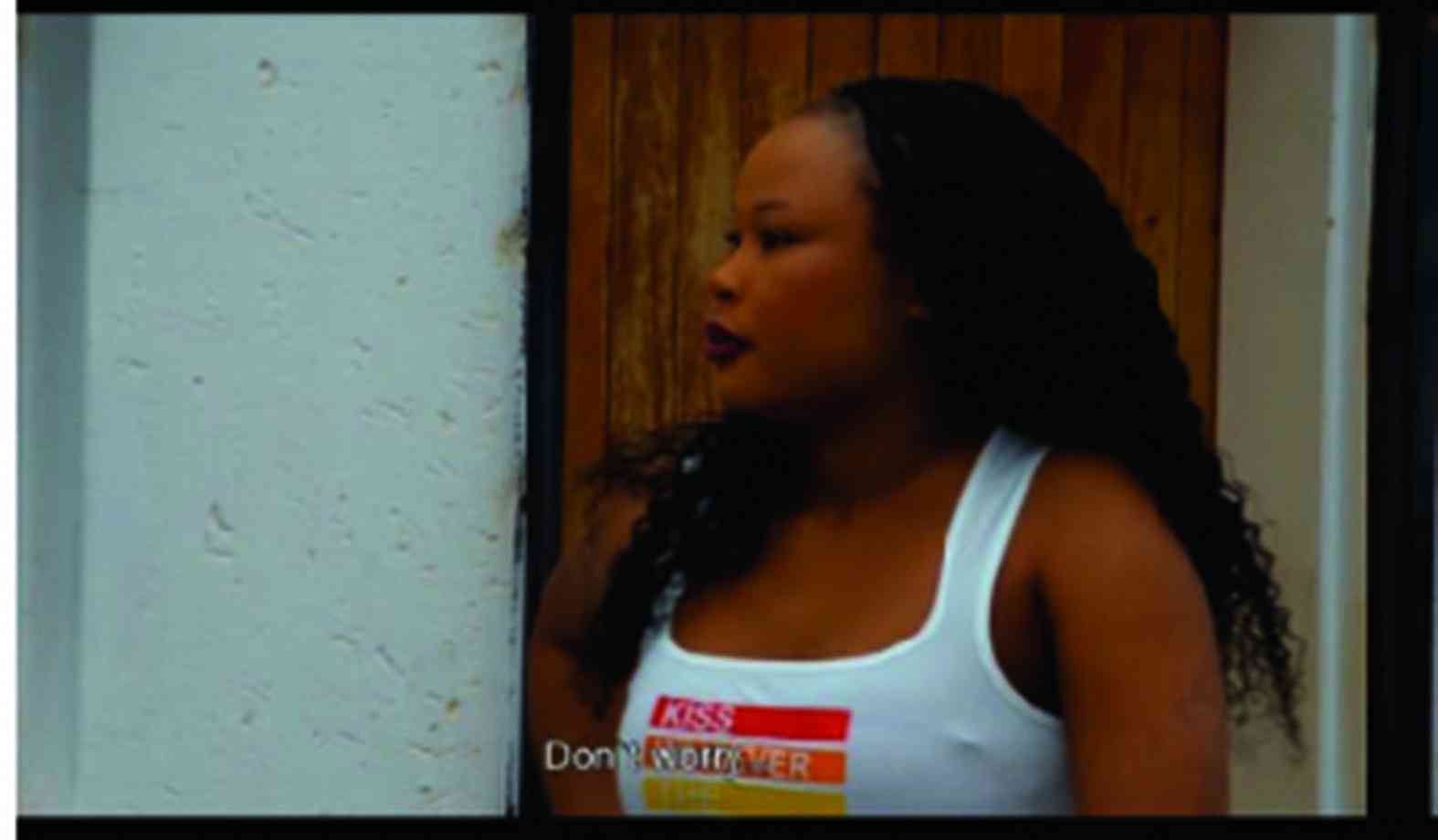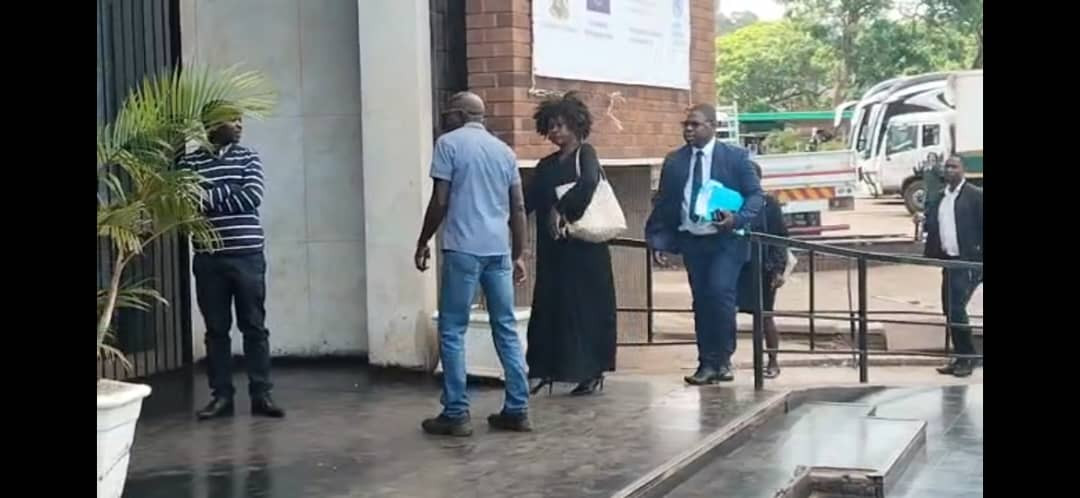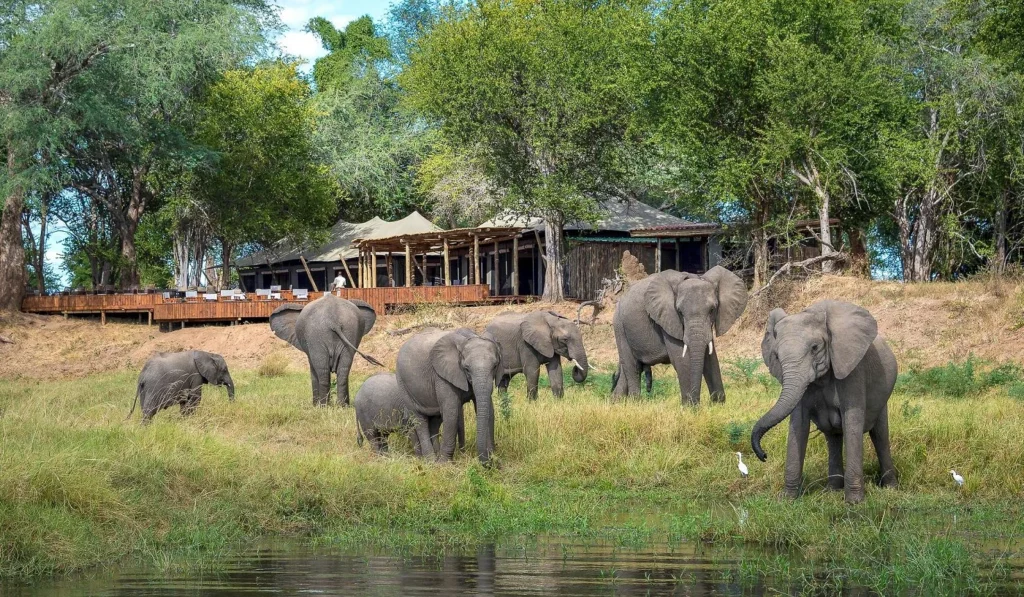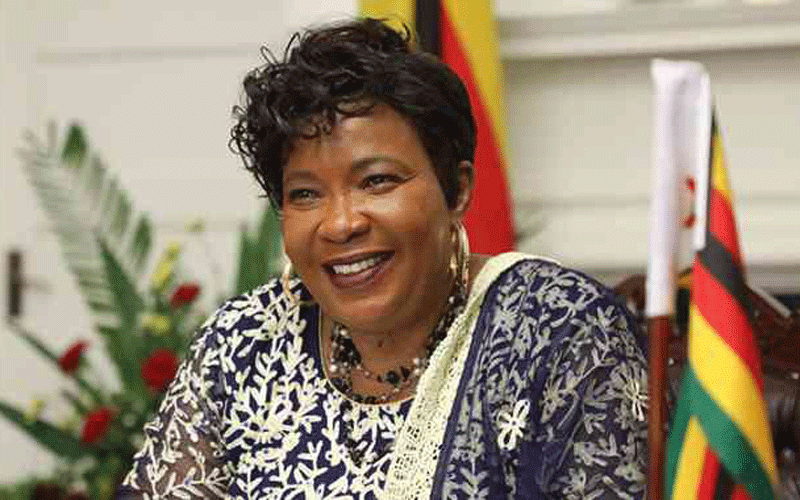
THE Zimbabwe Union of Journalists (ZUJ) yesterday said it would soon re-engage government over First Lady Auxillia Mnangagwa’s continued harassment of journalists from the private media.
This came after Auxillia chased away private media journalists who wanted to cover her tour of the Museum of African Liberation in Harare yesterday.
The tour had been organised by The Institute of African Knowledge (INSTAK) .
INSTAK had invited journalists from all media houses for the event.
Her security aides, however, said only journalists from the State media were allowed to cover the event.
“Amai has her own team that covers her, so please leave,” the aides told reporters from the private media who included a team from NewsDay.
ZUJ secretary-general Perfect Hlongwane said they would re-engage the Information ministry over the issue.
“We have engaged with the ministry and they have explained. We have somehow come to an agreement on the issue. We thought that was not going to happen, but now that it has persisted, it warrants another engagement,” Hlongwane said.
- Female politicians complain over sexual harassment
- Zimbabwe’s lobby to lift ivory trade ban stutters
- Zimbabwe’s lobby to lift ivory trade ban stutters
- The story behind Zim media’s coverage of China
Keep Reading
“Our position as the union is to say that if we are going to uphold the Constitution that gives the right to journalists and the media, we must be seen to be exemplary, especially from such high-profile individuals.”
Added Hlongwane: “It’s only going to exacerbate polarisation in the media if we continue to bar journalists from coverage. No journalist should be barred and denied access to information as it is against the Constitution.”
In a statement, the Media Institute of Southern Africa (Misa) Zimbabwe said journalists should be allowed to cover public events without any hindrance, regardless of the media house they work for because this enhances citizens’ right to access information.
“This position is further buttressed by section 62(2) of the Constitution which states that every person, including the Zimbabwean media, has the right of access to any information held by any person, including the State, in so far as the information is required for the exercise or protection of a right,” Misa Zimbabwe said.

